The genre-bending Netflix series The Society became an immediate hit among young audiences when it was released in 2019. The premise was quickly compared to Lord of the Flies.
In a small Connecticut town called West Ham, which the teens rename "New Ham", busloads of high school students leave on a camping trip, only to return due to bad weather - to a ghost town. The teens must build their own society from the ground up. They must take on new roles, which sometimes create rifts in their old relationships but also create room for new ones.
10 MAKES NO SENSE: Where Do The Bus Drivers Go?
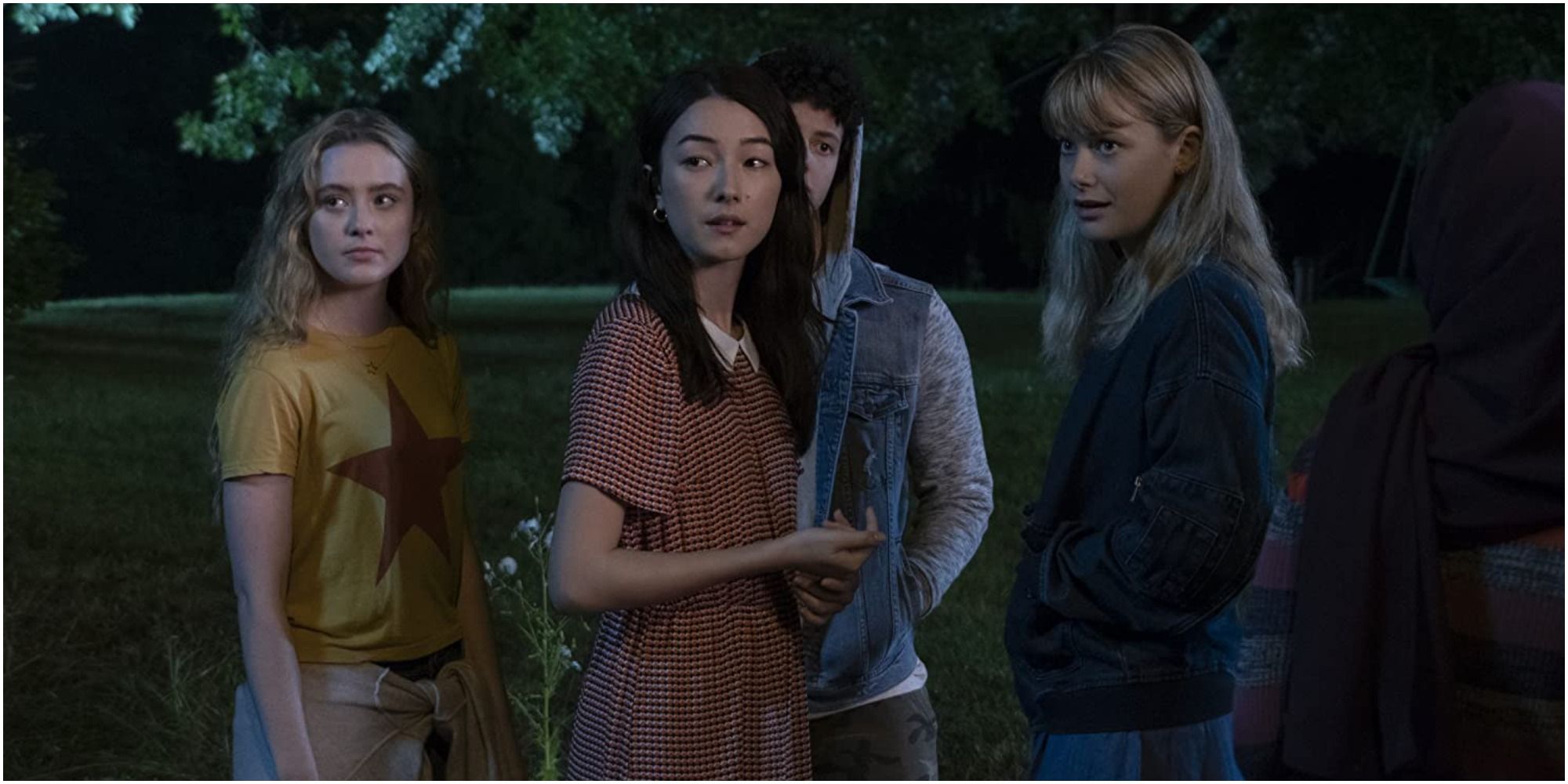
When the teens return to West Ham, they find it deserted. The buses drive away, leaving them stranded with no explanation and no adults. Ignoring the fact that a camping trip without supervising adults doesn't make sense, the fact that the bus drivers leave without making sure the kids are safe makes no sense.
Later in the series, it's revealed that the drivers (at least one of them) aren't really bus drivers and that they may have something to do with the mystery of the whole situation. But what boggles viewers most is how the bus drivers can travel between dimensions, if Gordie's theory is correct.
9 LOVE: Gender Equality
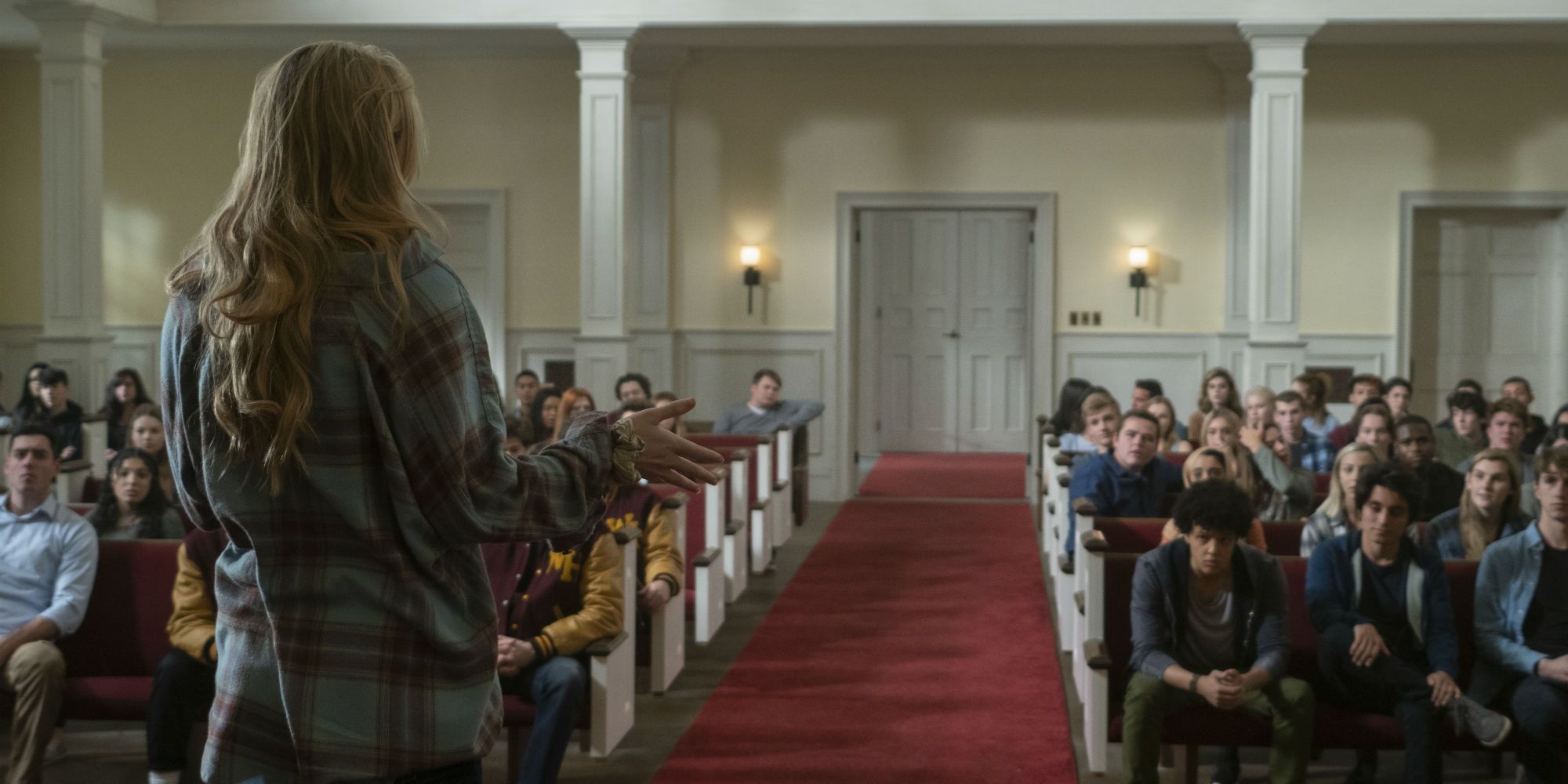
The series gives female characters just as much authority as the males, but it doesn't ignore preexisting ideologies in the characters' worlds. Cassandra, Allie, Lexie, and Helena are a few female leaders who have the town's respect. Early in the series, the West Ham girls all come together to discuss how they will stand against "male testosterone".
But the males aren't thrown aside; they're advisors, researchers, political opponents, and protectors. The series shows viewers that males and females can work together, like Allie with Will and Grizz, or Kelly with Gordie. However, it also shows the audience characters like Dewey, who is extremely misogynistic.
8 MAKES NO SENSE: The Dog
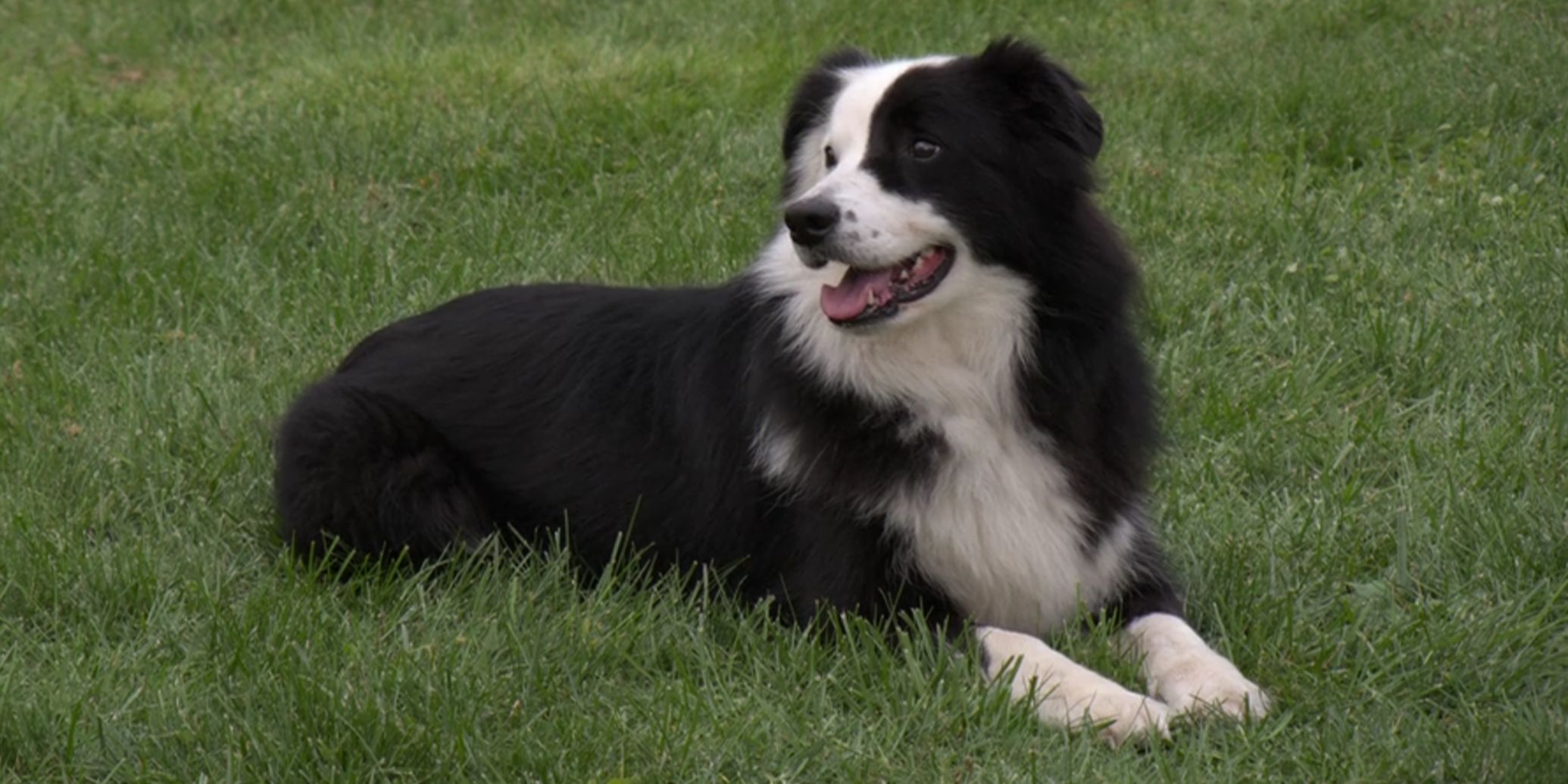
The dog is another being that somehow travels between the dimensions (unless there are two dogs). The dog makes an appearance just before Cassandra is shot, then disappears for a few episodes.
He makes a return when Elle is stuck at home, feeling trapped in her new life with Campbell. She spots the dog on their lawn and takes him in, taking care of him and enjoying his company - until it's implied that Campbell kills him. Viewers see the dog once again in the last scene of season 1, with Amanda Pressman in what seems to be the real world.
7 LOVE: Social Commentary

The series is called The Society for a reason. As the teens try to copy the model of a society their parents built, they realize that it has some fundamental flaws. One of the main themes in the series is why one person should hold all of the power.
Even though Allie is striving to build a democracy, she's not comfortable with being in charge. She resists having the authority placed on her shoulders after Cassandra's death, but she's a great leader. And like every leader, she faces challenges. Allie feels bad for asking everyone to do so much to make the town work, but she knows it's necessary for their survival. The Society draws a lot of parallels to the way the real world operates.
6 MAKES NO SENSE: The Smell
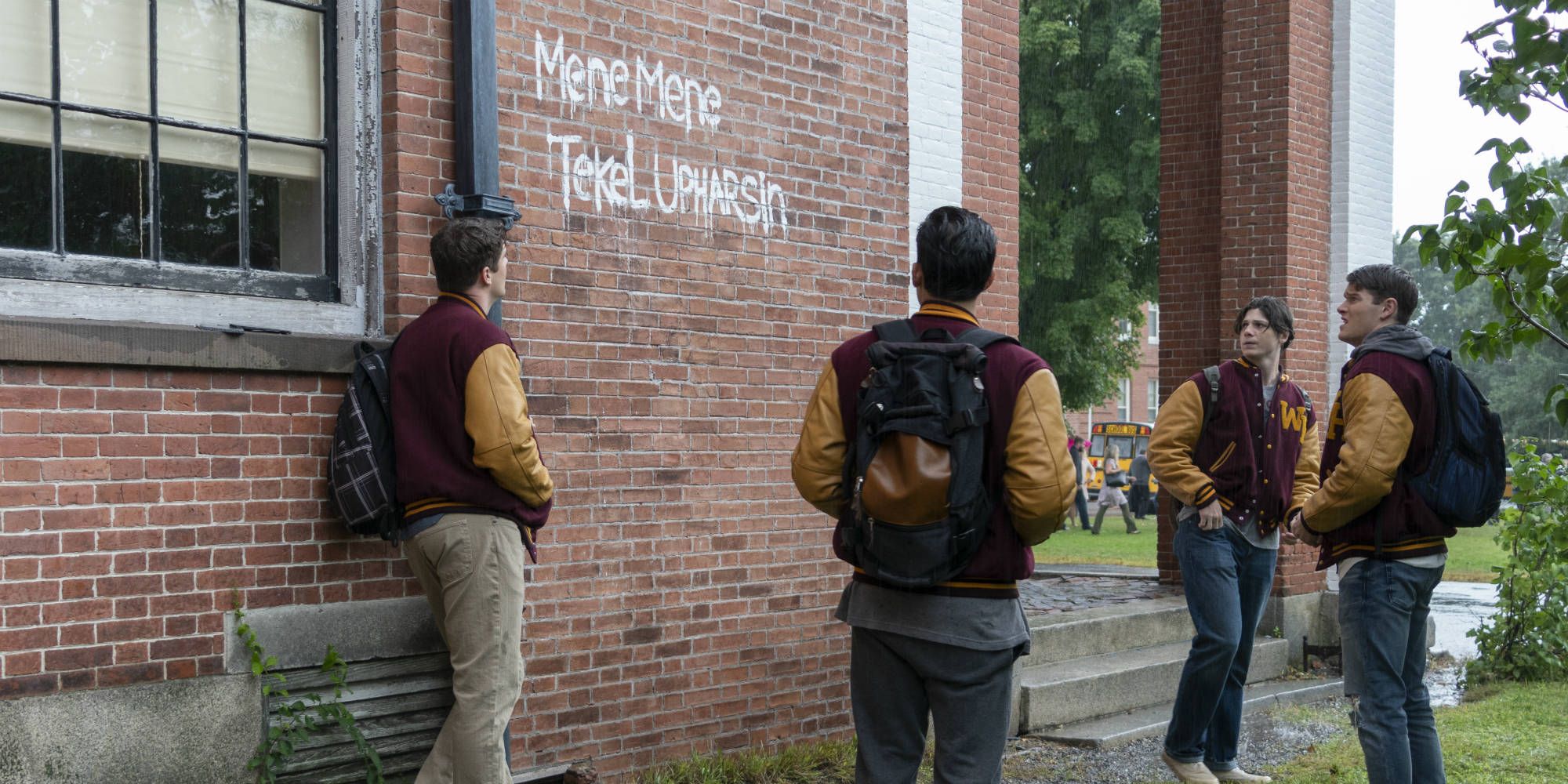
This is probably a mystery that will continue to be unraveled in the second season, but for now, it makes no sense. The smell is introduced in the series' opening scene and is later revealed to have a key role in the adults' disappearance.
Sam discovers a letter from his father and uncle refusing to pay $1.5 million to get rid of the smell, dated two days before West Ham becomes a ghost town. According to the other characters, the smell went away, then came back, then everyone disappeared. Where did the smell come from? How is it connected to parallel universes?
5 LOVE: Mystery
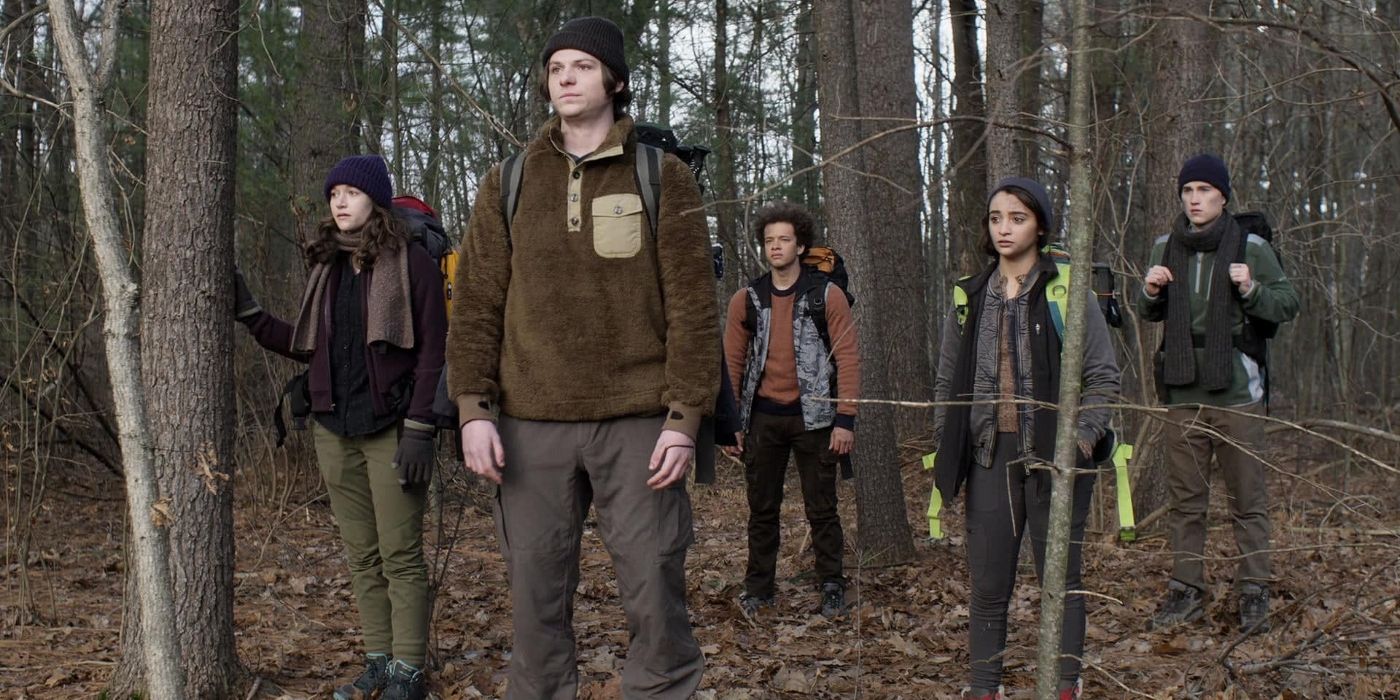
The series hooks viewers with its premise: teens stuck in a world without adults, possibly in a parallel universe. It quickly drew comparisons to Lord of the Flies and Lost.
One of the most compelling storylines of the series is watching the teens trying to figure out where they are, how they got there, and how to get back home. The only problem is that this storyline is unattended for most of the season.
4 MAKES NO SENSE: The Kids Aren't Worried Enough
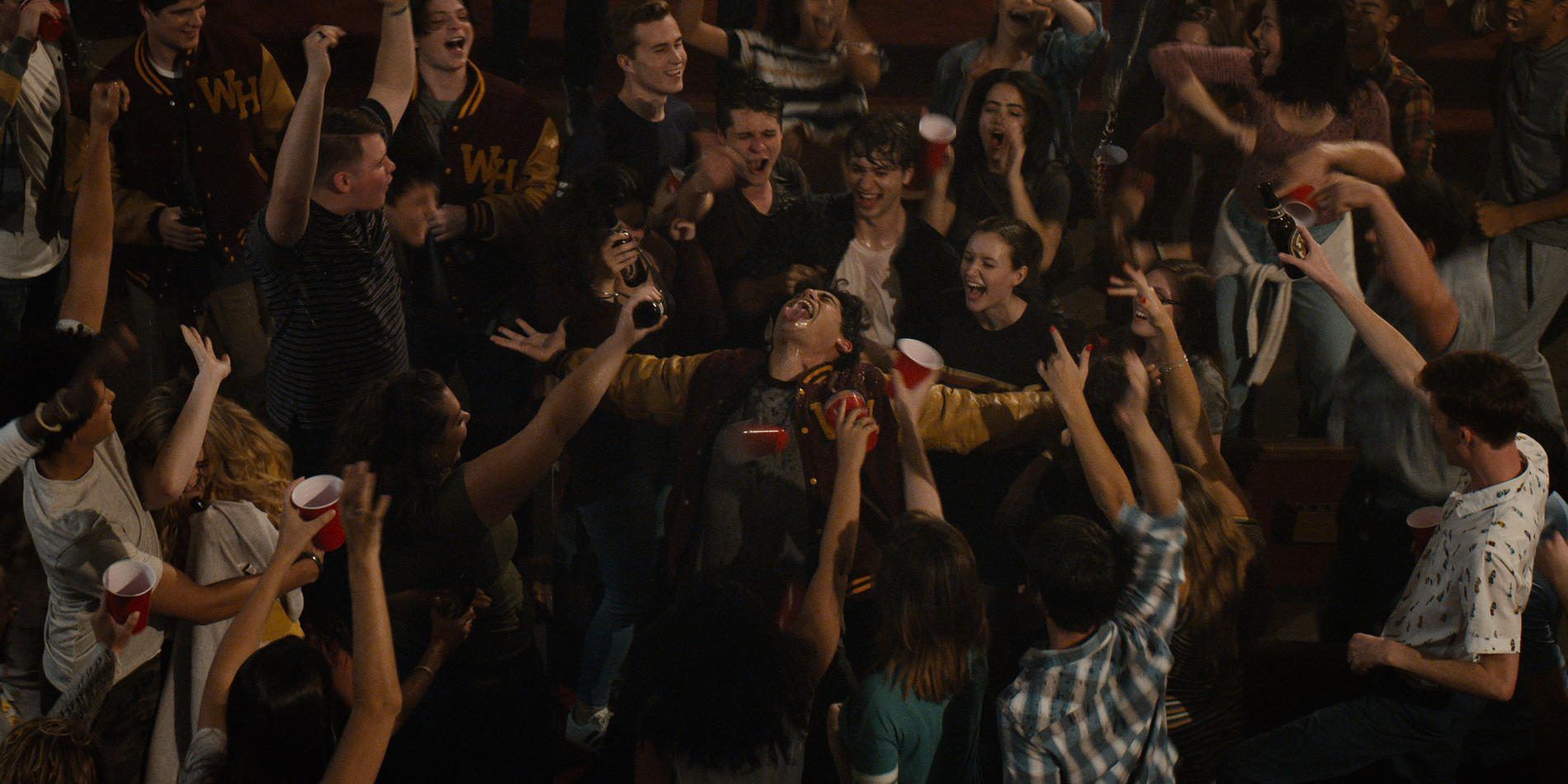
After initial confusion, the first thing the teens do is throw a party in the church - naturally. None of them seem to think that the absence of their parents, siblings, and everyone else in the town is ... weird, to say the least.
When they discover that there's no way out of the town, they don't pour all of their resources into trying to get back home. In fact, they focus on having a good time while they're in this alternate dimension, throwing parties, organizing a prom, and movie nights. The alternate dimension situation is pushed aside for much of the series, and the teens don't worry about it, which isn't very believable.
3 LOVE: Diversity And Representation
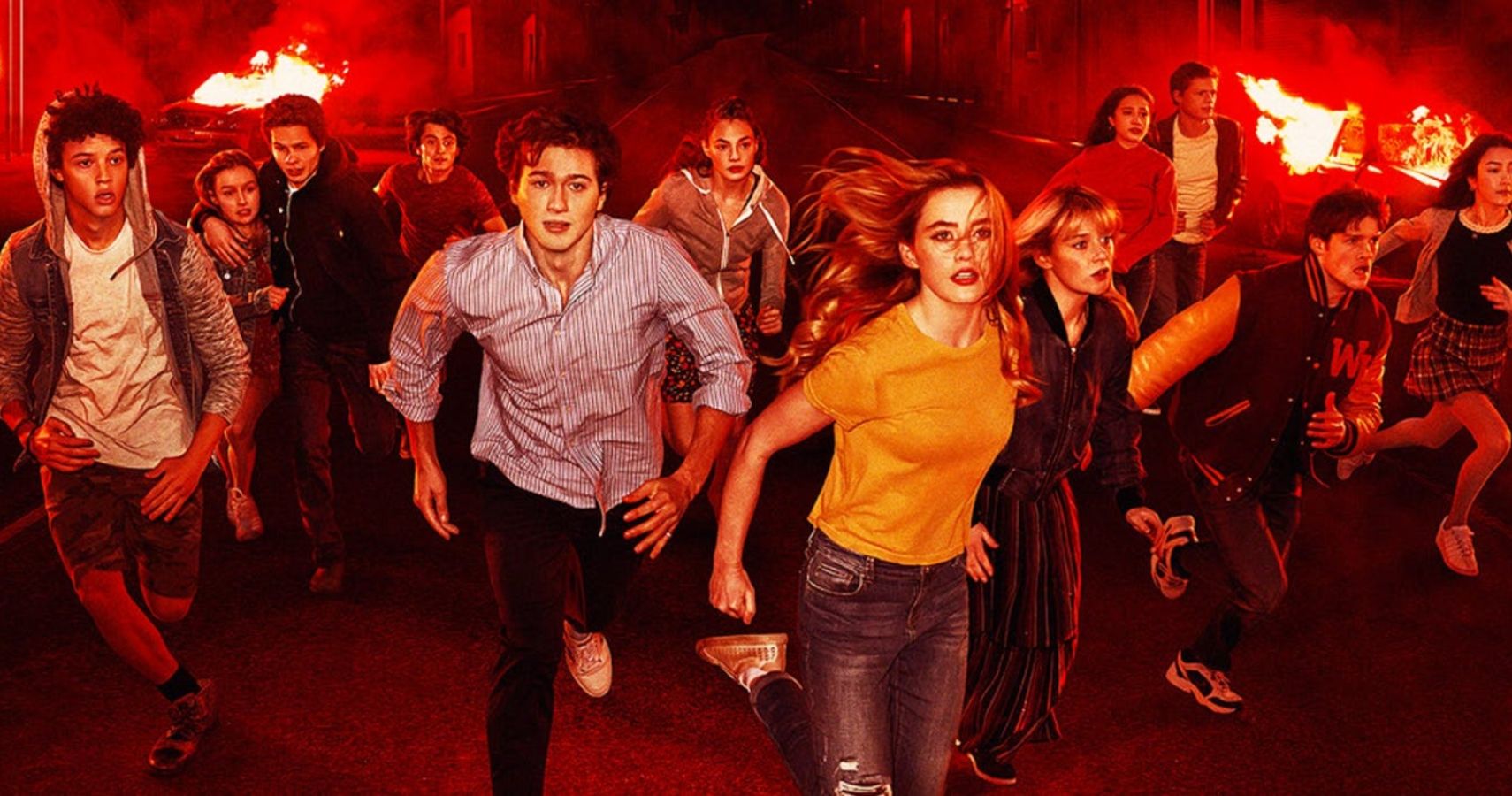
The characters are diverse in their ethnic, socioeconomic, religious, and racial backgrounds. Though the series isn't necessarily about the diversity of these characters, it allows for a broad viewership to feel represented and empathize with the characters - including those of various skin colors, dealing with addiction or abuse, mental and physical health issues, and those exploring their sexualities.
Perhaps not many will relate to Campbell, who's a psychopath, but they may be able to relate to Will's disadvantaged upbringing, Cassandra's struggle with her health, Kelly's decision to turn her life around, or Elle's oppression in an abusive relationship.
2 MAKES NO SENSE: Nobody Stops Campbell
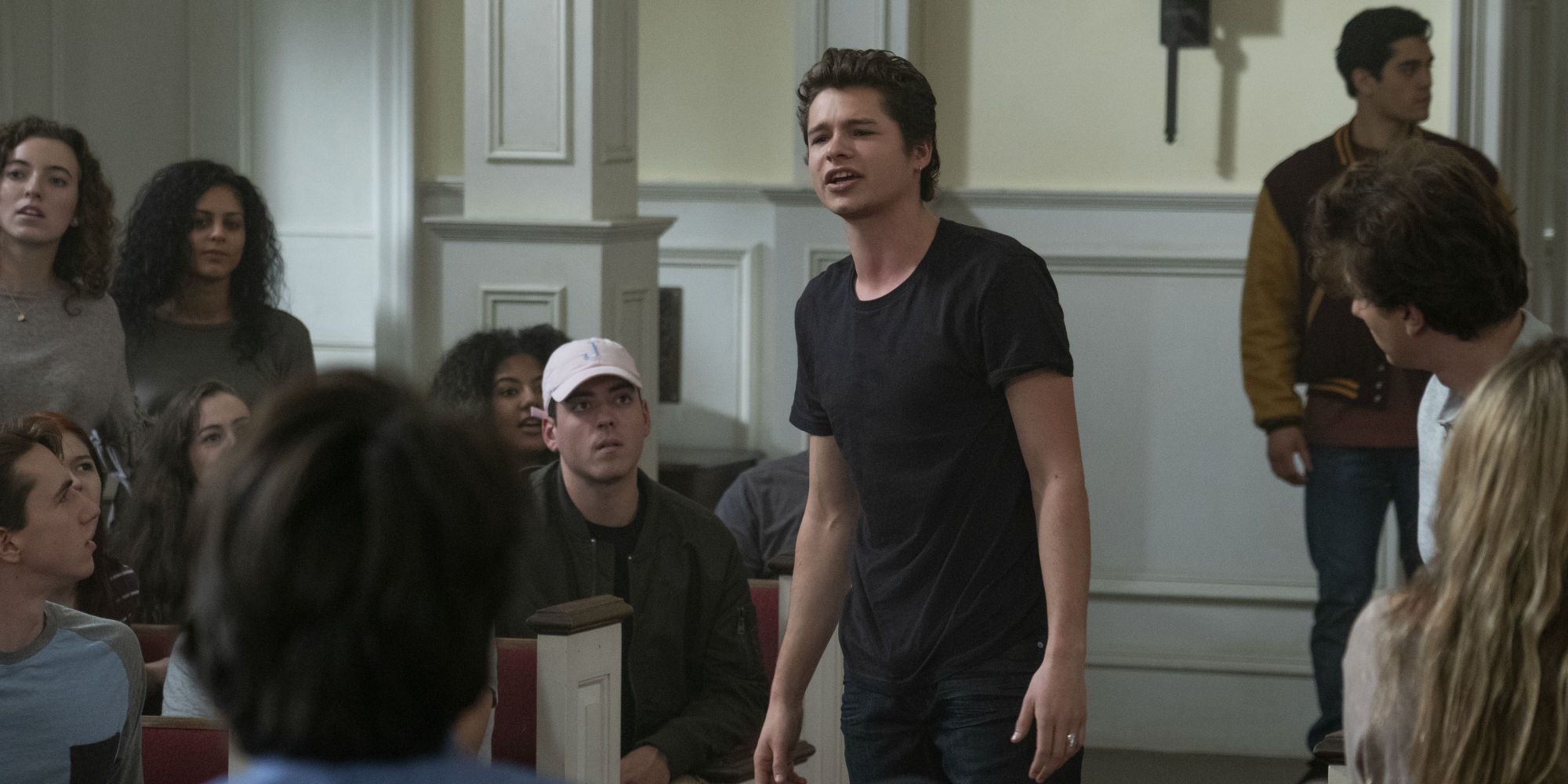
Everyone knows that Campbell is a psychopath, and at the beginning of the series there's talk of locking him up or even killing him. The problem is, he hasn't done anything wrong, so Allie can't convict him.
When Campbell starts manipulating people and takes Allie's power by force, everyone's fears come true. It's what everyone expects, and yet nobody is prepared. The only person who can fix things moving forward is Elle.
1 LOVE: Variety Of Characters And Relationships
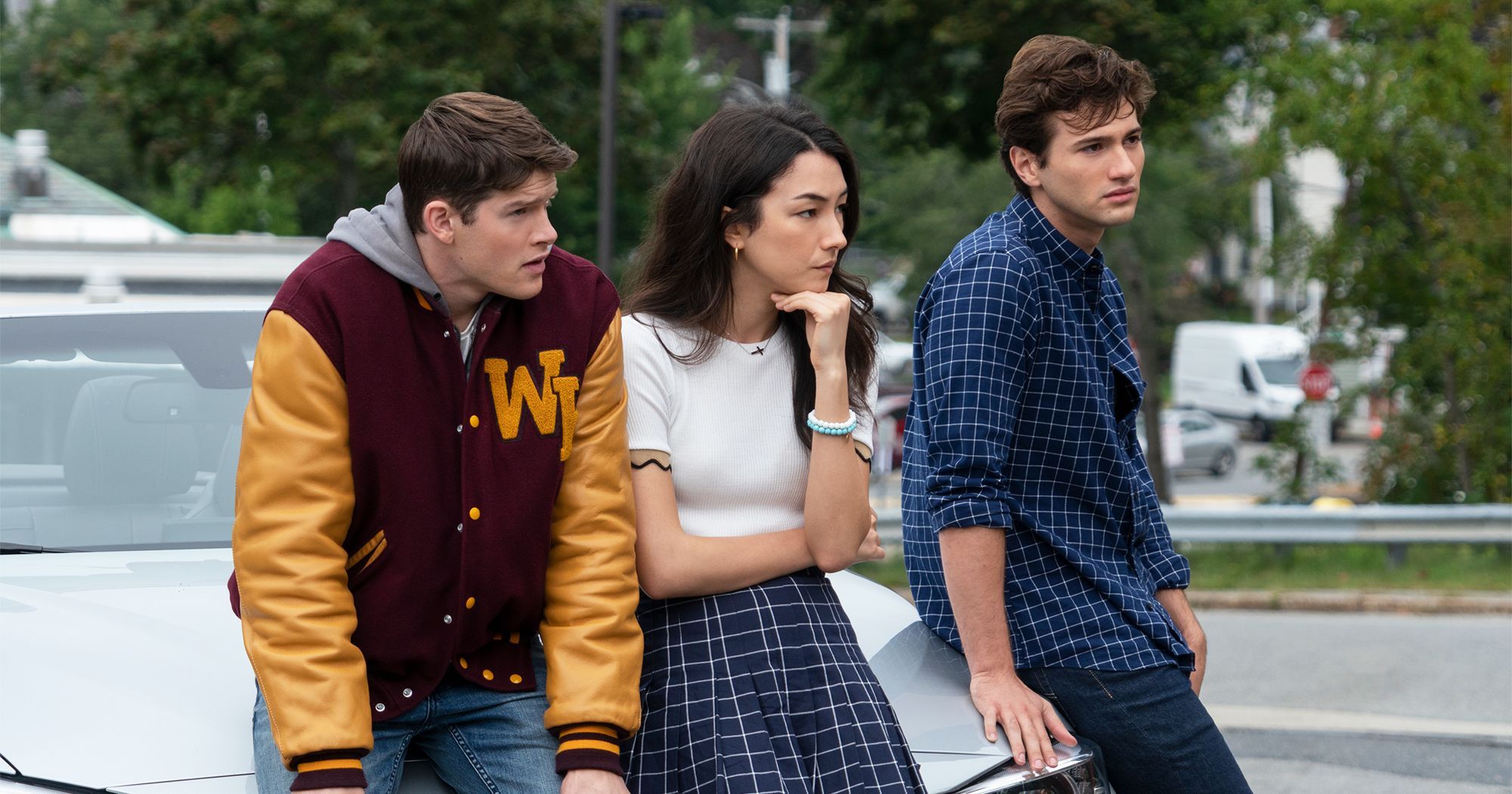
We mentioned that the characters are diverse, but their relationships are, too. In addition to romantic pairs, the series explores nuanced friendships, complex sibling relationships, and political alliances.
No character is stereotypical, even if they come across that way at first - like Kelly, Harry, Helena, and the jocks. Each character has a fleshed-out arc that leads them to places viewers may not have expected. From the beginning of the season to the end, each character changes dramatically, but believably.
from ScreenRant - Feed https://ift.tt/3gppwua

0 Comments